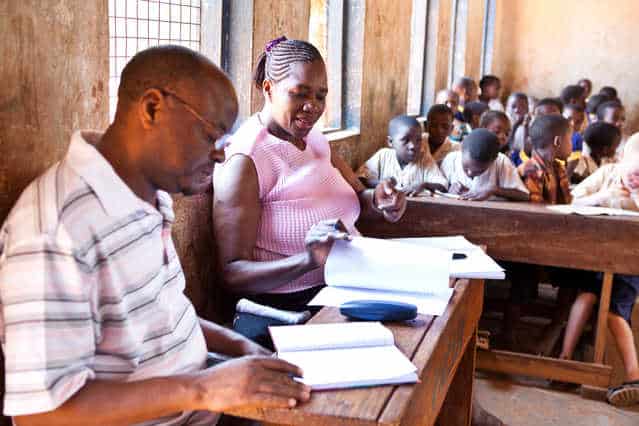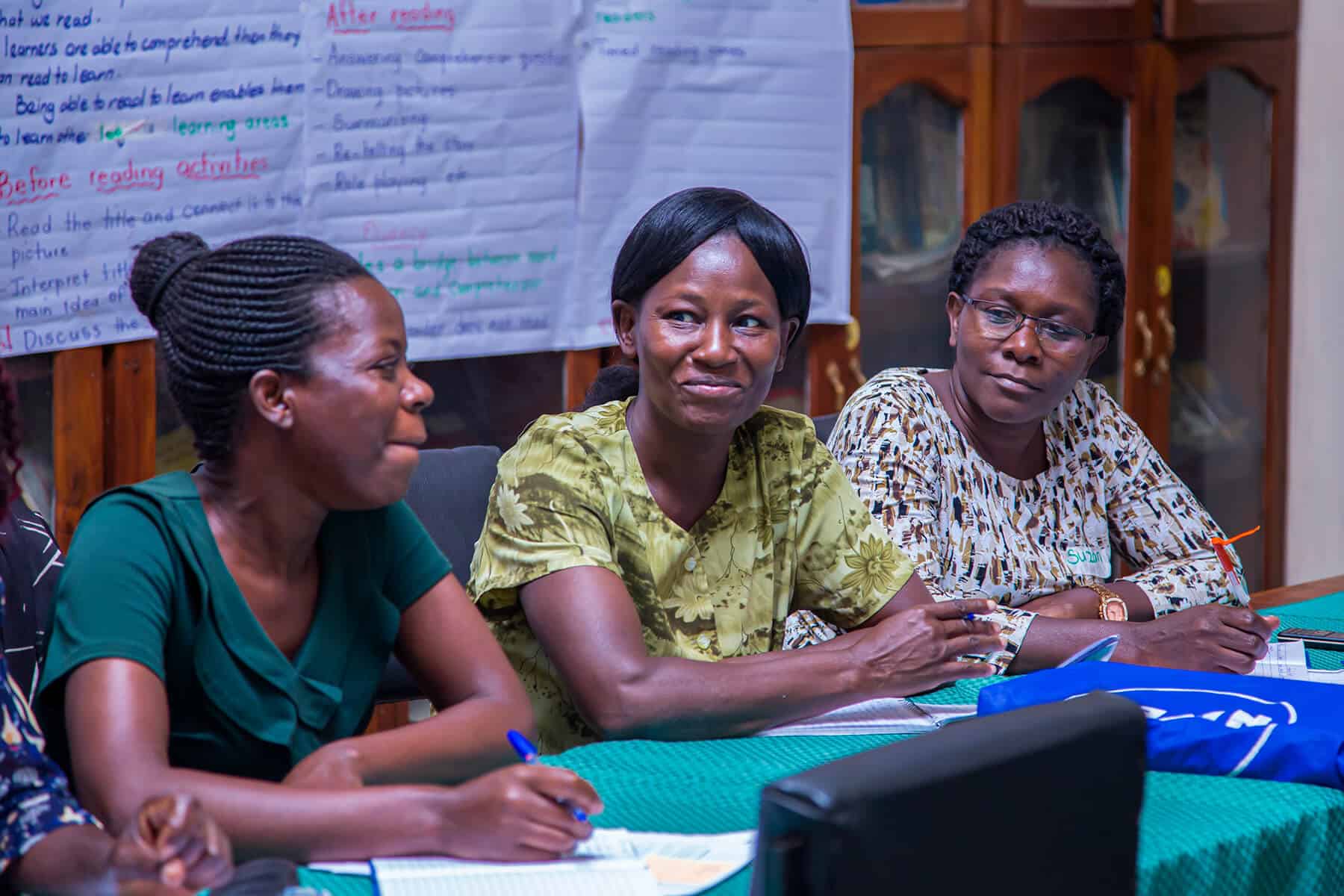The Schools2030 Global Call for Research 2022 sought up to three research partners who could help deepen our understanding of how best to advance educational equity in and through the Schools2030 programme. The Schools2030 programme relies on the assumption that we can make teaching and learning more equitable through Human Centred-Design (HCD) and by focusing on the holistic learning needs of the whole child. However, there is limited available evidence on how HCD and action research approaches impact on equity in the classroom, and we are yet to fully understand the extent to which our focus on holistic learning outcomes supports learner variability and those with learning differences.
After a competitive process, three research teams were selected to receive a grant of $150,000 each to work alongside Schools2030 country teams over the next 18-24 months. Our newly appointed research partners will help us understand the nature of the relationship between two key aspects of the Schools2030 programme – HCD and our focus on holistic learning outcomes – and education equity. By working across all age cohorts and in diverse geographies, learnings from this research will be instrumental in shaping our understanding of how we deliver innovative education models and build more inclusive education settings that enable all learners to thrive. The addition of these projects to our research portfolio brings our research span to cover seven of the ten Schools2030 programme countries.

The selected partners and projects are:
- Action research and equity: effects on innovative school environments, Brazil
This research is led by a team at the School of Education at the University of São Paulo and will bring together an action-research task force composed of teachers across Brazil’s diverse regions. The project will address the key question – do action research processes in innovative schools participating in the Schools2030 programme generate more equitable effects concerning gender, ethnicity and disabilities among students? The project aims to contribute to the sparse literature on whether action research approaches are useful for tackling inequalities within schools, with outputs intended to support educational leaders in the field of teacher training.
- Holistic learning for SEND students in Ugandan primary schools, Uganda
This research partnership brings together researchers from Open Development & Education, Ichuli and eKitabu to focus on understanding the effect of teacher-student relationships (TSRs) in the perception of self-efficacy of SEND (Special Educational Needs or Disability) students in Ugandan primary schools. Given that self-efficacy is often a gateway to other learning outcomes for SEND students, this project will explore how TSRs affect students’ engagement and performance in other Holistic Learning (HL) dimensions (literacy, numeracy, empathy, self-efficacy, problem-solving) through a design-based implementation research. The research will focus on the role that TSRs have on empathy and self-efficacy and how self-efficacy influences performance in literacy, numeracy, and problem-solving.
- Mixed-Methods Research to Develop a Values-Alignment Approach for Holistic, Growth-Oriented Teaching Practices in Pakistan
This collaboration between The University of Texas at Austin and World Bank will see the development of a “values-alignment” method for encouraging teachers of 10 and 15 year-old students in Pakistan to hold growth mindsets about all of their students, with the aim that they will adopt practices that promote greater equity in the holistic learning outcomes of numeracy, leadership, creativity and respect for diversity. Values alignment is a persuasive approach rooted in people’s assets and most profound motivations, such as a desire to be respected and admired. As part of this project, researchers will co-develop a values-aligned framework with Schools2030 teachers that can inspire teachers in Pakistan to make holistic teaching practices a top priority.
Find out more about these projects
The University of São Paulo, Open Development & Education and The University of Texas at Austin join our far-reaching coalition of education stakeholders that make up the global movement that is Schools2030. The insights that they are able to offer will build on from the important work of our inaugural cohort of research partners, and further contribute to the learning emerging from the programme on generating school-driven evidence for systems level change.
